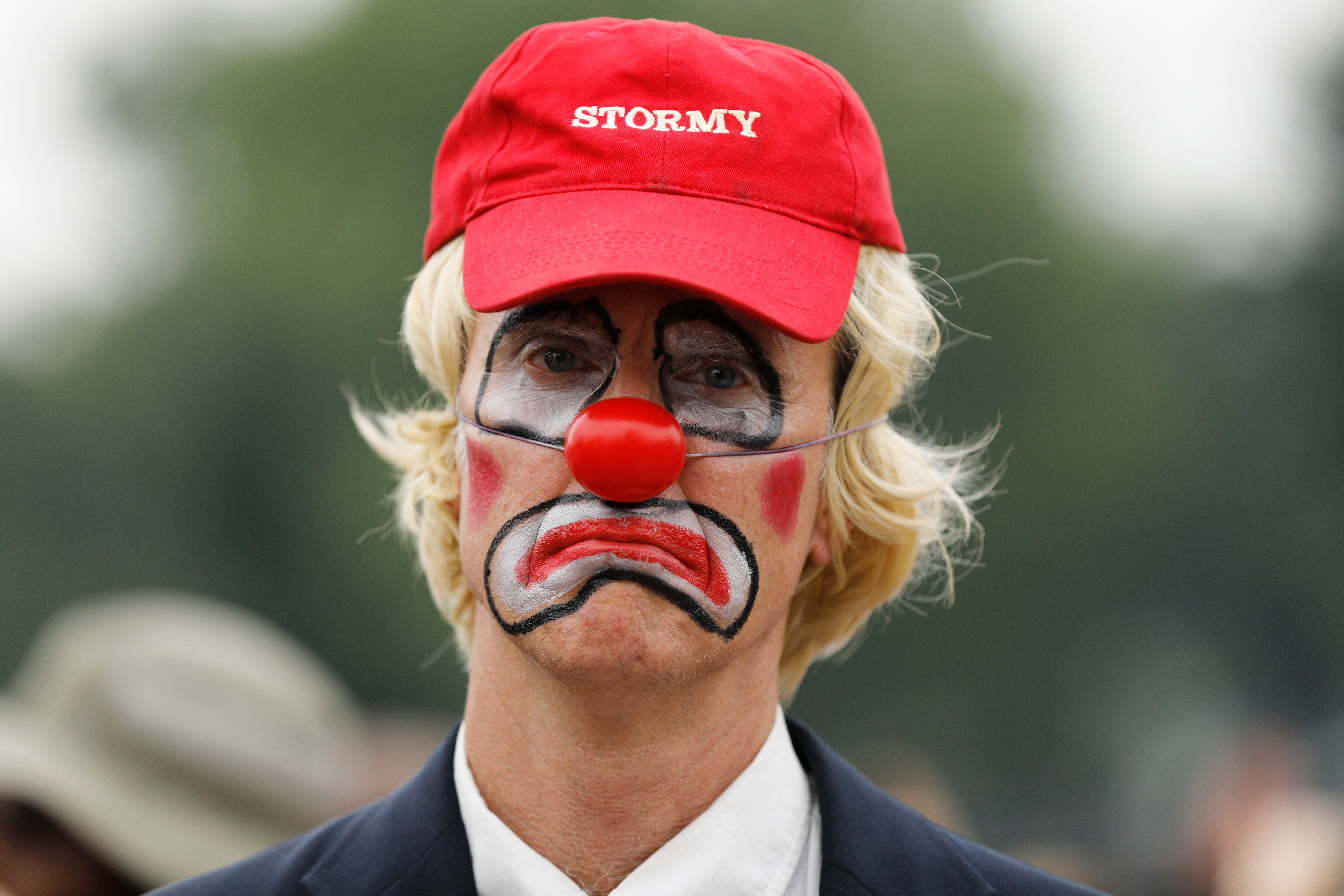Tim Cunningham of Clowns Without Borders challenges the use of “clown” to describe political figures like Trump, advocating for more accurate metaphors to oppose fascism.
Real-Life Clown Says ‘Clown’ Isn’t The Word For Trump

Key Takeaways:
- Tim Cunningham urges the public to stop labeling Trump a “clown.”
- The misuse of “clown” undermines the clown profession.
- Accurate language is essential in political discourse.
- Clowns Without Borders promotes respect and understanding through their work.
- There’s a call to find better metaphors to oppose fascism.
Tim Cunningham Challenges the Misuse of ‘Clown’ in Politics
Tim Cunningham of Clowns Without Borders is speaking out against the common practice of referring to Donald Trump as a “clown.” As a professional clown himself, Cunningham believes that this label is not only inaccurate but also disparaging to those in his profession.
The Misuse of ‘Clown’ Undermines the Profession
Cunningham emphasizes that clowns are entertainers who bring joy and laughter to audiences worldwide. By using “clown” as an insult, society diminishes the value and artistry that clowns contribute. “Clown isn’t the word for Trump,” he asserts, highlighting the disconnect between the term’s true meaning and its derogatory use in politics.
The Power of Language in Political Discourse
The clown activist urges the public to consider the impact of their words. He believes that language shapes perceptions and can either foster understanding or perpetuate misunderstandings. Cunningham states that there is a need to “find a better metaphor to despise and depose fascism,” advocating for more precise and constructive terminology.
Clowns Without Borders’ Mission
Clowns Without Borders, the organization with which Cunningham is affiliated, is dedicated to bringing laughter to communities in crisis. Their work underscores the positive role that clowns play in society, often providing relief in challenging circumstances. Mislabeling political figures as “clowns” detracts from this mission and the goodwill they aim to spread.
A Call for Better Metaphors
Cunningham’s appeal is not just about defending his profession but also about enhancing the quality of political conversation. By choosing more appropriate metaphors, the public can engage in more meaningful dialogues about leadership and policy. His stance invites others to reflect on the words they use and the messages they convey.
Conclusion
The challenge set forth by Tim Cunningham encourages a reevaluation of language in political rhetoric. Respecting the clown profession while opposing ideologies like fascism requires thoughtful expression. As conversations continue, his perspective serves as a reminder of the power and responsibility that come with our choice of words.











